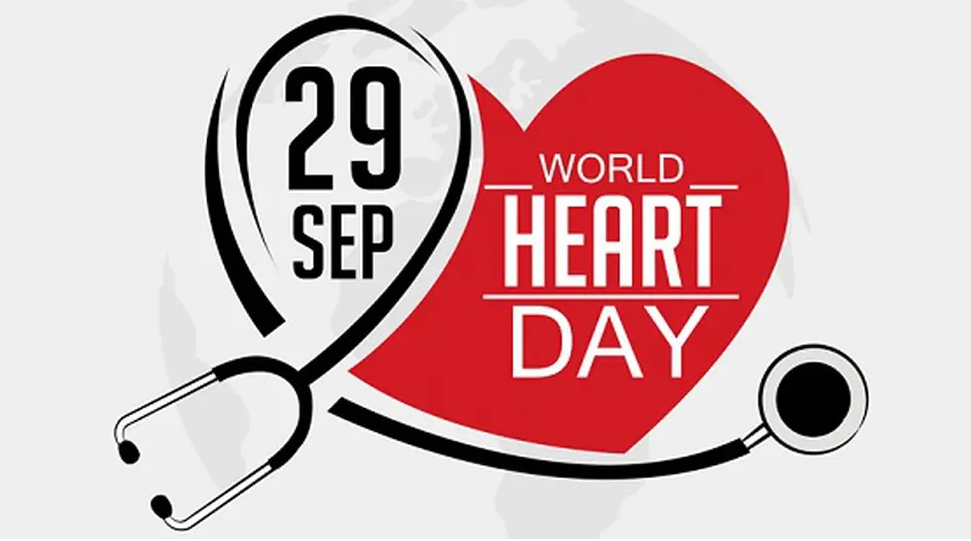WORLD HEART DAY
Heart diseases contribute to more than one third of all deaths worldwide and this means we need to develop ways and means to reduce this. Many western countries have noticed a decline but in India this is on the rise and has reached to epidemic proportion.
We also understand that many of these deaths are preventable and a proper guidance to the population at large can halt these rising deaths due to heart diseases. In recent study published in an important medical journal with large number of participants (n =1518028) with a follow up of around 10 years came to important conclusion that 5 risk factors contribute to major burden of the heart disease. These 5 risk factors are hypertension, body mass index, non-HDL cholesterol, current smoking and diabetes. These factors could contribute to contributing to majority of occurrence of heart attacks or deaths globally with India being depicted with red colour due to high burden of disease and deaths.
High Blood pressure
High blood pressure appears to be the major contributor to the heart diseases contributing to 13.5% of all deaths thus offers the greatest potential for intervening and reducing the burden of heart diseases. In the European Hypertension guidelines anyone with BP more than 140/90 in the office readings should be treated with target treatment BP of less than 130/80 mm. With this in mind 50% of people don’t even know they hypertension since they never check there BP, those who are detected with hypertension don’t get treated adequately. This leaves an immense opportunity of detecting and treating high BP.
Non HDL cholesterol
Is a measure both LDL and triglycerides which are considered bad cholesterol as we understand more and more about this we realize how important is this parameter with lower the better and there has been no adverse effects noted of very low levels of cholesterol . So it is important for us to realize that checking for cholesterol and acting on it can save many heart attacks.
Diabetes
This is both genetic and a life style disease, lack of physical exercise, high calorie diets and overweight all contribute to diabetes with India having the highest prevalence all over the world. it’s time to act. A diabetic patient needs utmost care to keep HbA1c levels to less than 7 and has to check cholesterol in order to prevent heart ailments.
Smoking
This leads to inflammation in the arterial tree which is the precursor of blockages and clotting. This clotting leads to heart attacks and many deaths. In young individuals smoking is the major cause of heart attacks and cause immense damage to heart muscles.
Obesity
Obesity contributes directly to other cardiovascular risk factors, including cholesterol, diabetes, hypertension, and sleep disorders. Obesity also can lead to the development of cardiovascular disease and cardiovascular disease mortality independently of other cardiovascular risk factors. More recent data highlight abdominal obesity, as determined by waist circumference, as a cardiovascular disease risk marker that is independent of body mass index. There have also been significant advances in imaging modalities for characterizing body composition, including visceral adiposity. Lifestyle modification and subsequent weight loss improve both metabolic syndrome and associated systemic inflammation and endothelial dysfunction.
(The Author is Group Chairman –Cardiac Sciences (Pan Max), Chief of Interventional Cardiology & Electrophysiology, Max Healthcare)








